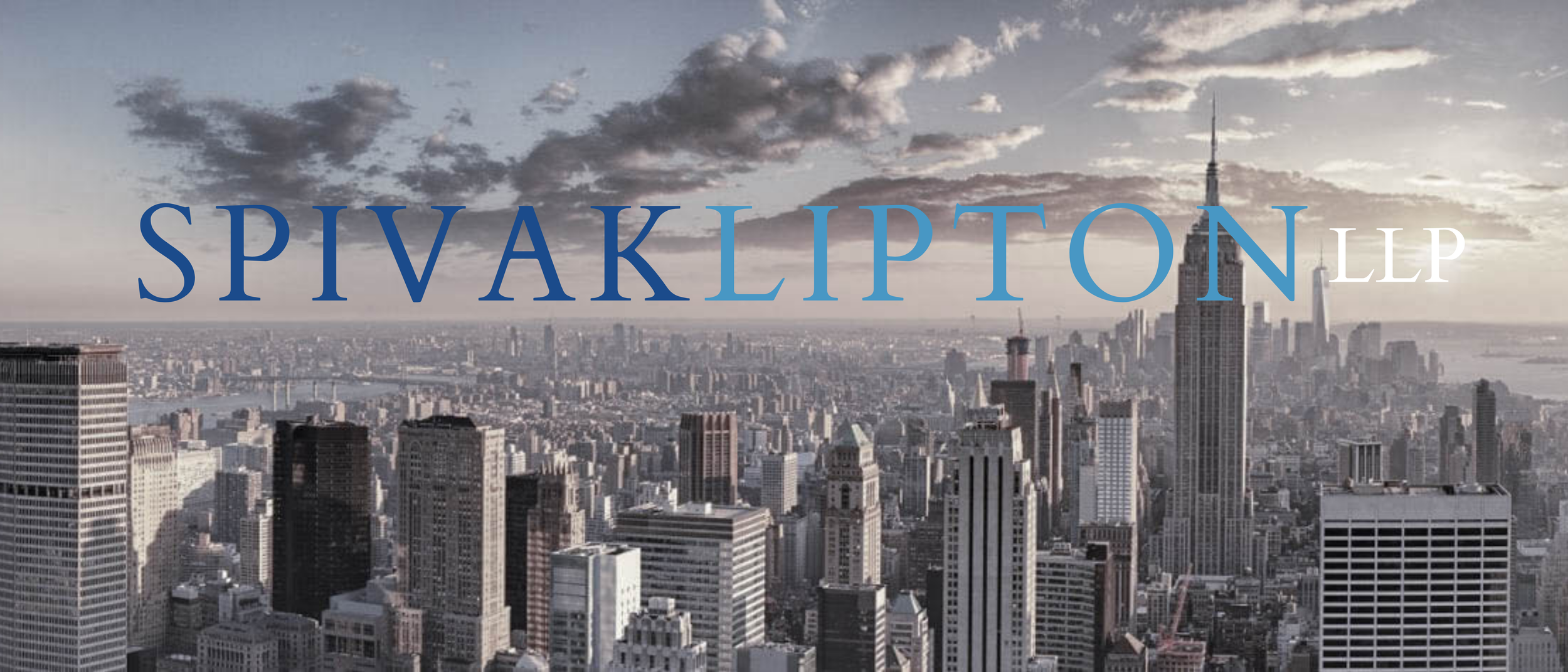The U.S. Department of Labor (DOL) published an opinion letter on April 29, 2019 addressing whether workers in the gig economy are independent contractors or employees entitled to protections under the Fair Labor Standards Act. It concluded that individuals providing work for an unnamed “virtual marketplace company” are independent contractors. The letter responded to an inquiry from an unnamed company who provides apartment cleaning services. Rather than characterize the company as an employer, the DOL characterized the company as a “referral service” and the workers as “service providers” who are “working for the consumer” rather than for the company.
This opinion letter concluded that the workers had “economic independence” from the company. It found that the company does not exercise control over the workers because it does not impose schedules or quotas, supervise the work, or limit their ability to work for competitors. It also considered that the workers do not have a permanent relationship with the company, they purchase their own equipment, they are not trained or rated by the company, and they can control their own opportunity for profit or loss by deciding the number of jobs to take.
The letter is a shift from Obama administration guidance which had cautioned against the misclassification of workers as independent contractors and stated that most “workers are employees” protected under the law. Although the opinion letter is not legally binding, it could have significant implications for gig-economy workers. The General Counsel’s office of the National Labor Relations Board under the Trump administration also issued an Advice Memorandum on April 16, 2019, finding that Uber drivers are independent contractors not covered by the National Labor Relations Act. In another pro-employer move, on August 29, 2019, the NLRB ruled that misclassification of a worker as an independent contractor does not alone violate the NLRA.
Still, several states apply more employee-friendly tests to determine independent contractor status under state law. On May 2, 2019, just days after the DOL’s opinion letter, the Ninth Circuit Court of Appeals decided that the three-factor “ABC” test articulated by the California Supreme Court should be applied retroactively. On July 22, 2019, the 9th Circuit withdrew this opinion regarding retroactivity. Regardless of its retroactive effect, California courts apply the “ABC” test, which presumes that workers are employees, unless the employer proves that the workers are free from the control of the hiring entity, they perform work outside the usual course of the hiring entity’s business, and they are engaged in an independently established occupation or business of the same nature as the work performed.





